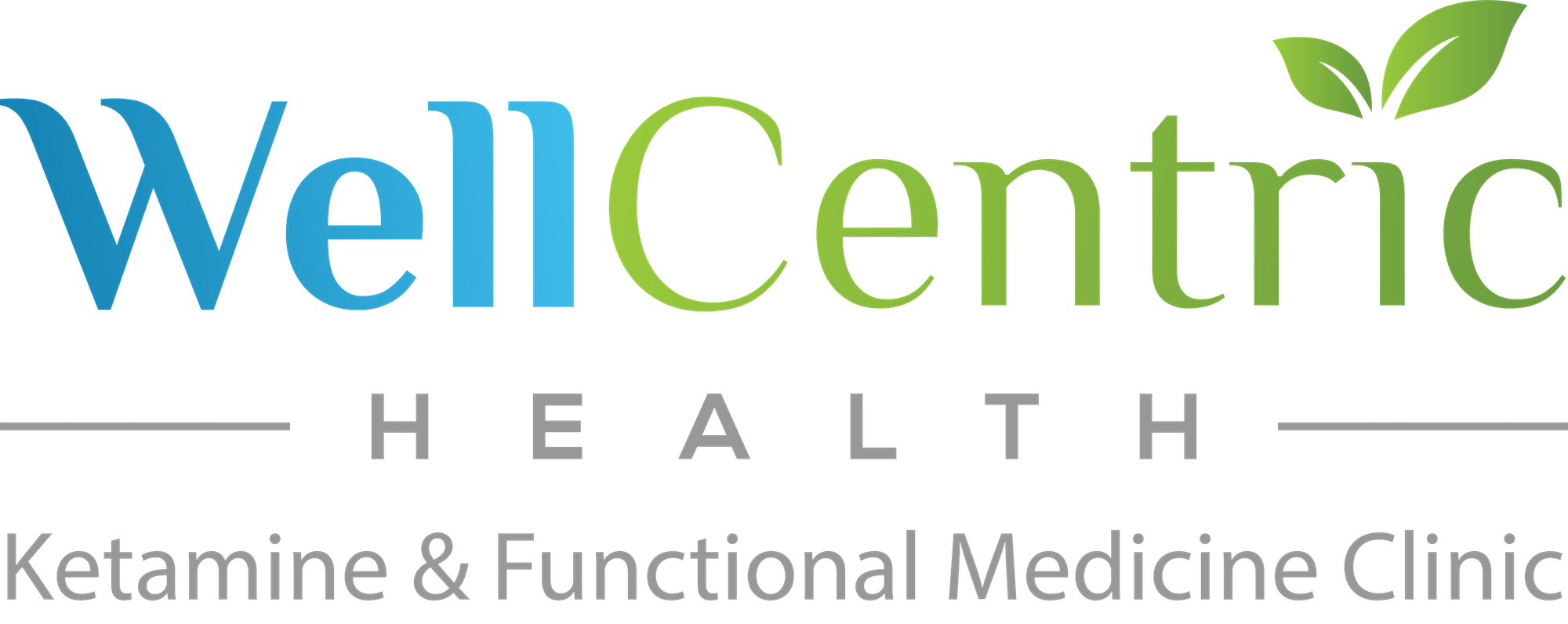May 1, 2025
Are Your Genes Really Your Destiny?
How Epigenetics and Functional Medicine Empower Better Health — Not Fear
We’ve all heard the phrase “it’s in your genes.” For decades, many have believed we’re simply stuck with the genes we inherit. If high blood pressure or heart disease “runs in the family,” it feels inevitable. No wonder so many people avoid learning about their genes — why dig up bad news if you can’t change it?
Here’s the twist: Your genes aren’t your final fate. Yes, your genetic code matters — but so does epigenetics, the science of how lifestyle, environment, and even mind-body factors can change the way your genes express. In other words, your choices can literally turn certain genes up or down like a dimmer switch.
That means that knowing your genetic blueprint doesn’t lock you into fear — it liberates you to take smarter, evidence-based actions to shape your health destiny.
Epigenetics: Why Your Genes Aren’t Set in Stone
Epigenetics refers to the molecular signals that tell your genes whether to activate or stay quiet. Think of your DNA as sheet music — but your epigenome (lifestyle, environment, and mindset) is the conductor deciding how (or if) the notes get played.
- Stress can upregulate genes related to inflammation, while meditation or proper rest can help dial them down.
- Poor diet may promote genes linked to chronic diseases, while a balanced, nutrient-dense diet can switch on protective pathways.
This is great news because it means inherited risks are not permanent sentences. We can often mitigate or even prevent certain conditions by proactively supporting the genes we want active, and calming down the ones that contribute to disease.
Functional Medicine: Strategically Influencing Epigenetics
Functional medicine is uniquely positioned to take advantage of what we know about epigenetics. While conventional medicine often focuses on treating symptoms, functional medicine aims to optimize all systems of the body and address root causes. This holistic focus naturally includes shaping epigenetic expression:
- Individualized Nutrition
- By identifying genetic variations that affect how you metabolize nutrients, you can fine-tune your diet to compensate for weaknesses and amplify strengths.
- Example: If you have gene variants related to detoxification challenges, you can incorporate foods (like broccoli sprouts) and nutrients (like N-acetylcysteine) that support these pathways.
- Lifestyle & Stress Management
- Chronic stress can epigenetically switch “on” certain inflammatory genes, increasing disease risk. Techniques like mindfulness, breathwork, and exercise can help switch them back “off.”
- Adequate sleep also exerts a profound epigenetic effect, enabling your body to restore and repair optimally.
- Targeted Supplementation
- Functional medicine practitioners often use nutraceuticals (like omega-3s, vitamin D, antioxidants) to support beneficial genetic pathways while inhibiting harmful ones.
- Environmental Adjustments
- From reducing toxic exposures (chemicals, heavy metals, mold) to optimizing sleep hygiene, functional medicine ensures every aspect of your environment supports healthy gene expression.
In other words, functional medicine gives you the tools to turn helpful genes “on” and keep harmful genes “down.”
Genetic Testing: Shining a Light on Your Unique Health Needs
If epigenetics is the conductor, then genetic testing is reading the sheet music itself. High-quality genetic testing:
- Identifies Inherited Vulnerabilities Early
- If you know you have a heightened risk for, say, Alzheimer’s or cardiovascular disease, you can begin evidence-based preventive strategies now — potentially decades before disease strikes.
- Guides Tailored Nutrition and Lifestyle
- Instead of guesswork, you can see which supplements, diets, or exercise routines your body truly thrives on.
- Illuminates Hidden Pathways
- For example, if you have genetic variations that make it harder for your body to detoxify or control inflammation, you can support those pathways directly through diet, supplements, and environment.
- Empowers Proactive Health Decisions
- From medication choices to advanced screenings, you and your healthcare provider can make data-driven decisions, often catching problems before they escalate.
Yes, some genetic findings can be scary. We’re talking about potential disease risks, after all. But remember: forewarned is forearmed. Once you have the information, you can take steps that reduce your risk or improve outcomes. It’s a chance to work hand-in-hand with a healthcare provider toward a healthier future — rather than live under a cloud of worry.
But Aren’t All Genetic Tests the Same?
No, they aren’t. You might be familiar with direct-to-consumer (DTC) tests like 23andMe or AncestryDNA. These kits can be entertaining and provide some ancestry or general trait insights, but there’s a big difference between “entertainment-level” DTC tests and clinical-grade tests often used in a healthcare or functional medicine setting.
| DTC Genetic Tests | Clinical-Grade (Often FDA-Approved) Genetic Tests | |
|---|---|---|
| Purpose | Ancestry, general traits, curiosity | Medical diagnosis, prevention, and treatment guidance |
| Accuracy & Scope | Often limited to select SNPs or partial data, variable quality | Comprehensive analysis of genes, validated in a CLIA-certified (and often CAP-accredited) lab |
| Physician Involvement | None required; consumer-driven | Ordered/interpreted by trained healthcare professionals |
| Actionability | Mostly informational | Direct interventions, medical guidance, tailored strategies |
| Regulatory Oversight | Minimal or partial FDA oversight (if any) | Meets stricter standards; results are intended for clinical use |
While DTC tests can be a decent starting point for curious consumers, they aren’t designed to be definitive medical tools. Results might be incomplete or lack the depth and accuracy needed to guide serious medical decisions. In contrast, FDA-approved or clinically validated tests meet rigorous standards and include healthcare professional interpretation, allowing you to confidently act on your results.
Overcoming Fear: Knowledge Is Empowerment
It’s normal to feel anxious about learning genetic information. None of us want to imagine serious health risks or future illnesses. However, reframing your perspective from fear to foresight can illuminate just how valuable this knowledge is:
Clarity replaces “what if” stress, because you have data instead of speculation.
Action replaces helplessness, because you know exactly what steps to take to support your body.
Hope replaces dread, because you see that your genes are only part of the story — and you have real power to influence your overall health trajectory.
Putting It All Together
Understand Epigenetics: Realize that your lifestyle, environment, and mindset can flip certain genes “on” or “off.”
Embrace Functional Medicine Strategies: Tailored nutrition, stress management, targeted supplementation, and environmental adjustments are key to optimizing gene expression.
Choose the Right Genetic Test: Clinical-grade tests (often ordered by or in consultation with a healthcare provider) are more accurate, comprehensive, and action-oriented than direct-to-consumer kits.
By combining functional medicine with high-quality genetic testing, you gain a powerful roadmap for personalized health. Knowledge of your genes becomes a tool for prevention and a catalyst for positive change — not a source of fear.
Final Thoughts
The old story was that your genes controlled everything. The new story is far more hopeful: epigenetics shows us that daily choices can shift the course of your genetic expression. By understanding your unique genetic blueprint — and applying strategies that calm harmful genes while boosting protective ones — you can protect, optimize, and potentially transform your future health






